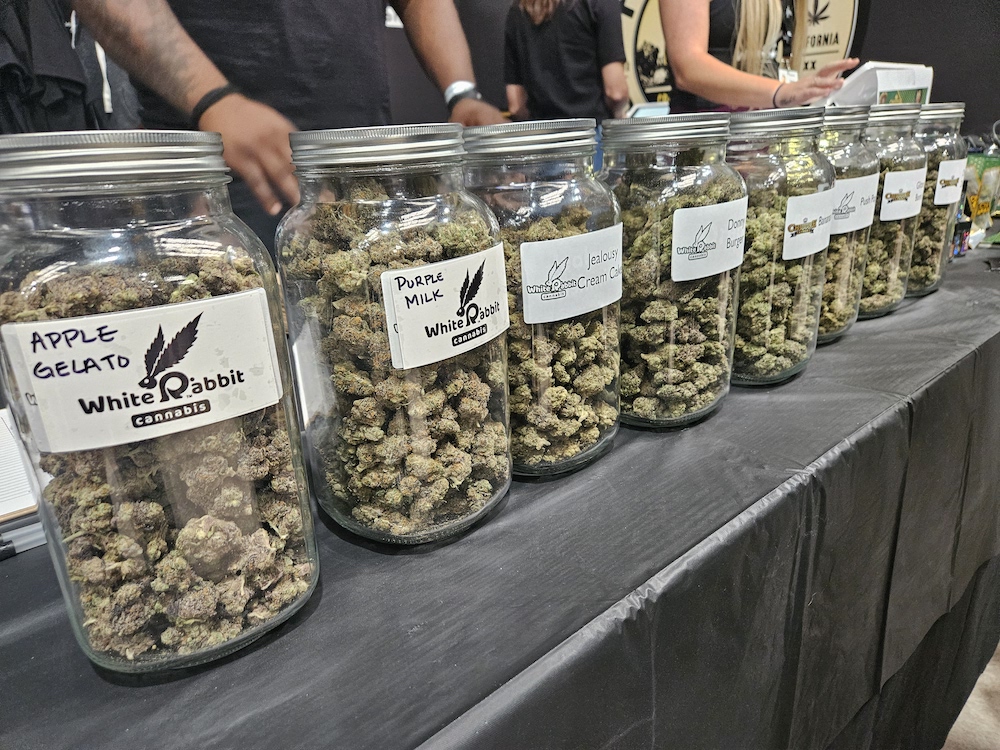Following up on your assessment of Sen. Feinstein’s record, and not to detract from her other, worthy accomplishments, it should be noted that she was also a die-hard drug warrior who actively fought marijuana and drug reform measures supported by her own constituents.
Just days before Feinstein became mayor, 56 percent of San Francisco voters approved Prop W, directing the district attorney to stop prosecuting marijuana offenders. The campaign was led by Dennis Peron, who at the time ran a popular cannabis cafe known as the Big Top in the Castro. Prop W had been endorsed by Mayor George Moscone and Supervisor Harvey Milk, but both were deceased when Feinstein took the helm. She promptly ignored Prop W and saw to it that the Big Top was closed.

In the US Senate, Feinstein went on to become the leading Democratic drug warrior on the Judiciary Committee, where she championed tougher laws and opposed marijuana reform, medical or otherwise. She prided herself on chairing the International Narcotics Control Caucus, where she championed crop spraying and military intervention in Latin America. The reception room of her Senate office was decorated with awards from the DEA celebrating her (unfruitful) efforts in narcotics control.
A long-time foe of marijuana decriminalization, Feinstein opposed California’s pioneering medical marijuana law, Prop. 215. One might have expected the senior senator of the nation’s largest state to use her powerful seat on the Judiciary Committee to protect her state’s interest in enforcing its medical marijuana law. On the contrary, she was the only Democratic senator to vote against the Farr-Rohrabacher amendment, designed to bar federal interference in Prop 215 and other state medical marijuana laws—a measure that even Lindsay Graham supported.
During her career, Feinstein consistently backed tougher drug sentences. She opposed Prop 36, California’s pioneering “treatment not incarceration” measure for nonviolent drug possession offenders. In the Senate, she voted to deny welfare benefits to misdemeanor pot offenders; criminalize writing about drugs on the internet; bar student loans for drug possession; evict families from public housing if one member was convicted of drug use; apply the death penalty for nonviolent drug offenders; and spray herbicide and intervene militarily in Latin America.
Feinstein can likewise be credited with removing the effective cold decongestant pseudoephedrine from over-the-counter sales, a policy that has inconvenienced sniffly consumers more than the meth traffickers it was supposed to foil.
One of her last accomplishments as senator was to water down a bill to promote federal marijuana research, so as to keep it illegal for researchers to work with state-legal, DEA-unapproved cannabis.
Alas, Sen. Feinstein’s was no friend of the cannabis or drug reform community. We pray for better from her successor.
Dr. Dale Gieringer has been the state coordinator of California NORML since 1987. He is also director of the California Drug Policy Forum (DPFCA) and treasurer of the Oakland Civil Liberties Alliance.



